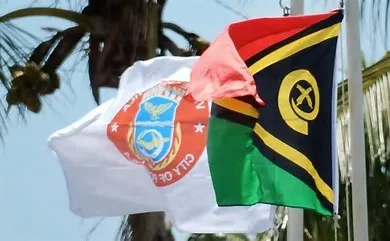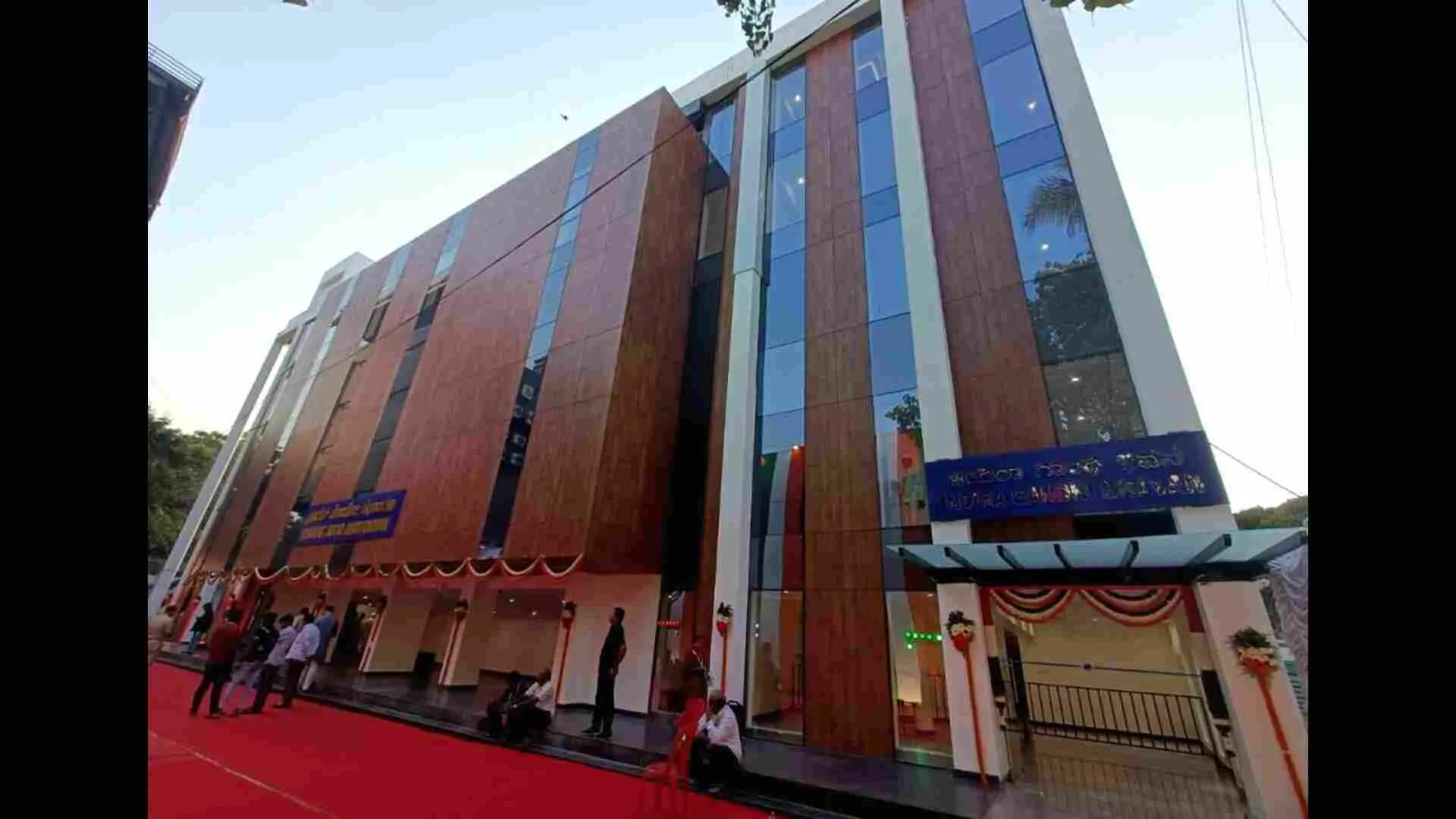A two-day National seminar, organized by the Department of History at the University of Kashmir, commenced today at the esteemed Gandhi Bhawan on the university campus. This scholarly gathering, focused on the theme of ‘Syncretism in Indian History with Special Reference to Kashmir,’ is generously funded by the Indian Council for Historical Research (I.C.H.R) based in New Delhi.
The primary objective of the seminar is to delve into the concept of syncretism in Indian history, with a particular emphasis on the unique insights drawn from Kashmir’s historical context. This compelling academic event has attracted a diverse array of participants, including scholars, experts, students, and researchers from various disciplines. Over forty papers, submitted by scholars from across the country, have been selected for presentation, providing cross-disciplinary perspectives on the theme.
The inaugural session began with a keynote address delivered by the distinguished historian, Professor Raziuddin Aquil, who holds the position of Professor of History at the Department of History, University of Delhi. Professor Aquil’s address served as a vital historical context for understanding syncretism within a larger South Asian framework, shedding light on cross-cultural interactions in Medieval India. He emphasized the intersections between different communities, cultures, and individuals in India’s medieval past.
Following the keynote address, Dr. Nisar Ahmad Mir, Registrar of the University, offered insights from a sociological perspective on Kashmir’s syncretic history. He also lauded the University’s notable achievements and contributions on the national and international fronts. Presiding over the inaugural session, the Vice Chancellor of the University, Prof. Nilofer Khan, expanded on Professor Aquil’s scholarship, highlighting aspects of Kashmir’s syncretism, including art, architecture, and cuisine in her presidential address. She commended the Department for choosing such a significant and relevant theme for the seminar.
Prof. M. Y. Ganai, Head of the Department and Dean of the School of Social Sciences introduced the audience to the department’s profile and shared his valuable insights on the theme.
Dr. Younus Rashid, Assistant Professor in the department and the convener of the seminar, emphasized the seminar’s significance by providing a platform for academic debate and meaningful discussions on Kashmir’s syncretic past and its relevance today.
The selected papers for the seminar will be presented during several technical sessions, fostering knowledge exchange and contributing to a deeper understanding of syncretism in Indian history, with a special focus on Kashmir’s unique role in this narrative.

















